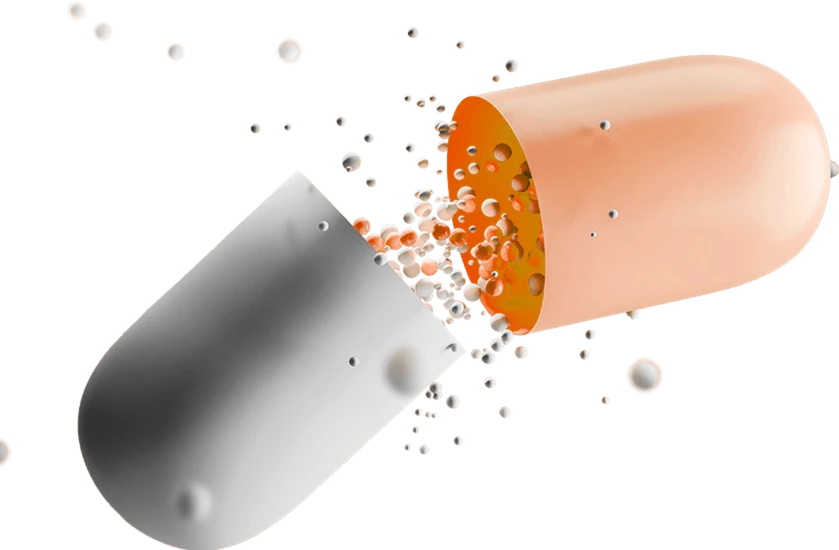- Afrikaans
- Albanian
- Amharic
- Arabic
- Armenian
- Azerbaijani
- Basque
- Belarusian
- Bengali
- Bosnian
- Bulgarian
- Catalan
- Cebuano
- Corsican
- Croatian
- Czech
- Danish
- Dutch
- English
- Esperanto
- Estonian
- Finnish
- French
- Frisian
- Galician
- Georgian
- German
- Greek
- Gujarati
- Haitian Creole
- hausa
- hawaiian
- Hebrew
- Hindi
- Miao
- Hungarian
- Icelandic
- igbo
- Indonesian
- irish
- Italian
- Japanese
- Javanese
- Kannada
- kazakh
- Khmer
- Rwandese
- Korean
- Kurdish
- Kyrgyz
- Lao
- Latin
- Latvian
- Lithuanian
- Luxembourgish
- Macedonian
- Malgashi
- Malay
- Malayalam
- Maltese
- Maori
- Marathi
- Mongolian
- Myanmar
- Nepali
- Norwegian
- Norwegian
- Occitan
- Pashto
- Persian
- Polish
- Portuguese
- Punjabi
- Romanian
- Russian
- Samoan
- Scottish Gaelic
- Serbian
- Sesotho
- Shona
- Sindhi
- Sinhala
- Slovak
- Slovenian
- Somali
- Spanish
- Sundanese
- Swahili
- Swedish
- Tagalog
- Tajik
- Tamil
- Tatar
- Telugu
- Thai
- Turkish
- Turkmen
- Ukrainian
- Urdu
- Uighur
- Uzbek
- Vietnamese
- Welsh
- Bantu
- Yiddish
- Yoruba
- Zulu
Nov . 22, 2024 16:56 Back to list
feed additives in animal nutrition
The Role of Feed Additives in Animal Nutrition
Feed additives have become essential components of modern animal nutrition, playing a crucial role in enhancing the efficiency, health, and productivity of livestock. With the increasing global demand for animal products, the use of feed additives in animal diets has gained significant traction among farmers, nutritionists, and researchers. This article explores the various types of feed additives, their benefits, and their impact on animal health and farm sustainability.
Types of Feed Additives
Feed additives can be classified into several categories based on their functionality and purpose. The primary types include
1. Nutritional Additives These additives provide essential nutrients that may be lacking in the basic feed ingredients. Vitamins, minerals, and amino acids fall into this category. They support growth, reproduction, and overall animal health.
2. Digestive Additives Enzymes and probiotics are examples of digestive additives. Enzymes enhance the breakdown of feed components, improving nutrient absorption, while probiotics promote a healthy gut microbiome, which is essential for optimal digestion and immune function.
3. Preservatives These are used to prevent the spoilage of feed, thereby maintaining its nutritional value and preventing mold growth. Common preservatives include antioxidants and organic acids.
4. Growth Promoters These additives, such as antibiotics and certain hormones, are used to enhance growth rates and feed efficiency. However, the use of antibiotics in animal feed has sparked concerns regarding antibiotic resistance, leading to a shift toward safer alternatives.
5. Flavoring Agents These additives are used to improve the palatability of feed, encouraging animals to eat more and ensuring a balanced diet. This is particularly important in young animals or during periods of stress.
Benefits of Feed Additives
feed additives in animal nutrition

The proper use of feed additives brings a multitude of benefits to livestock production
1. Enhanced Nutrient Utilization Additives can significantly improve the digestibility of feed, allowing animals to extract more nutrients from their diets. This not only supports better growth rates but also reduces the amount of feed required, leading to cost savings for farmers.
2. Improved Animal Health By promoting gut health and boosting the immune system, feed additives can help reduce the incidence of diseases, resulting in lower veterinary costs and increased animal welfare.
3. Increased Productivity Well-balanced diets supplemented with appropriate feed additives lead to higher milk yields in dairy cows, improved weight gain in beef cattle, and enhanced egg production in poultry.
4. Environmental Sustainability Efficient feed utilization contributes to lower greenhouse gas emissions and reduced waste output. This is crucial as the agricultural sector seeks to minimize its environmental footprint in the face of climate change.
Challenges and Considerations
While feed additives offer numerous advantages, their use is not without challenges. Farmers and nutritionists must be cautious in selecting the appropriate additives, as improper use can lead to adverse effects. Regulatory frameworks also play a significant role in ensuring the safety and efficacy of feed additives. It is essential to follow guidelines and recommendations set by governing bodies to avoid potential issues related to residues in animal products.
Conclusion
In conclusion, feed additives are vital tools in the realm of animal nutrition, contributing to improved health, productivity, and sustainability of livestock production systems. As the industry evolves, ongoing research and development are necessary to discover new additives and refine their applications. By responsibly incorporating feed additives into animal diets, producers can meet the challenges of food security, animal welfare, and environmental sustainability in an ever-changing global landscape. As we move forward, the focus will be on balancing efficiency with safety, ensuring that both animals and consumers benefit from advancements in animal nutrition.
-
Guide to Oxytetracycline Injection
NewsMar.27,2025
-
Guide to Colistin Sulphate
NewsMar.27,2025
-
Gentamicin Sulfate: Uses, Price, And Key Information
NewsMar.27,2025
-
Enrofloxacin Injection: Uses, Price, And Supplier Information
NewsMar.27,2025
-
Dexamethasone Sodium Phosphate Injection: Uses, Price, And Key Information
NewsMar.27,2025
-
Albendazole Tablet: Uses, Dosage, Cost, And Key Information
NewsMar.27,2025













